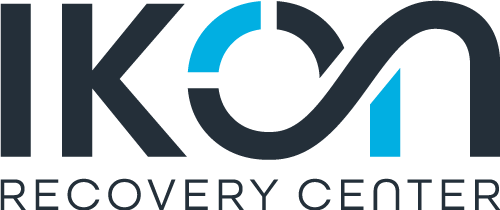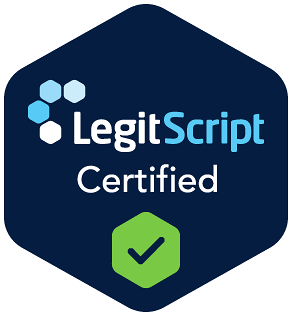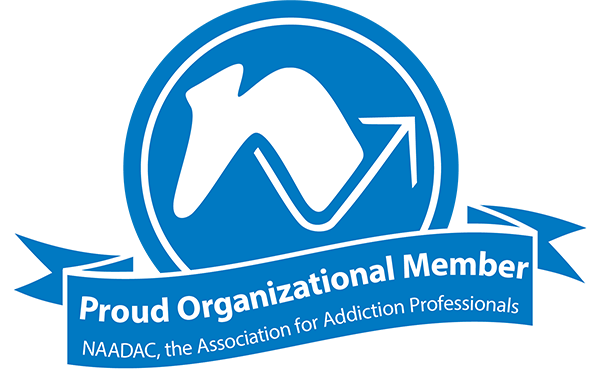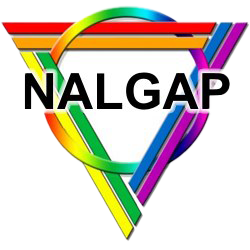Monmouth County is a beautiful region of New Jersey known for its stunning coastline. With major cities like Long Branch, Asbury Park, and Freehold, Monmouth County offers a unique blend of suburban charm and urban energy. Unfortunately, like many areas across the nation, it also faces the ongoing challenges of addiction, including the opioid epidemic. In recent years, the county has been working to support residents and families affected by this crisis, providing compassionate and effective addiction treatment options for recovery from drug and alcohol abuse.
Local Monmouth County Drug & Alcohol Rehab Resources
Local Resources & Information to Start Your Recovery Journey
Addiction Treatment in Monmouth County
Types of Addiction Treatment in Monmouth County
Rehab centers in Monmouth County offer a comprehensive continuum of care designed to address the unique needs of those looking to enter into addiction recovery. Each level of treatment plays a crucial role in fostering recovery and promoting long-term wellness in a treatment program.
Additionally, several substance abuse treatment centers in Monmouth County offer specialty treatments like Vivitrol, which helps reduce cravings, and NAD+ therapy, aimed at replenishing essential nutrients to support brain health during recovery.
How to Choose a Drug Rehab Center in Monmouth County
Finding the right drug rehab center in Monmouth County is critical to the recovery process. With its blend of coastal charm and supportive community resources, the county offers various treatment options that may be suitable for your needs. When selecting a facility, it’s essential to consider several factors to ensure it aligns with your goals and preferences for treatment:
- Personalized treatment plans: Look for a center that emphasizes personalized treatment plans. Effective rehab programs should assess your unique situation, including the type of substance used, duration of use, and any co-occurring mental health disorders. A tailored approach increases the likelihood of successful recovery.
- Qualified staff: Ensure the rehab center has a team of qualified and experienced professionals, including licensed therapists, medical staff, and addiction specialists. Check their credentials and experience in addiction treatment to guarantee you’re receiving care from knowledgeable experts.
- Program length: Different rehab centers offer varying lengths and intensities of programs. Consider whether you prefer a short-term program or a longer stay that provides more comprehensive support. Also, assess the daily structure of the program to ensure it aligns with your needs.
- Family involvement: Family support can be crucial in the recovery process. Look for facilities that encourage family involvement through therapy sessions, educational workshops, or visitation programs. Engaging family members can help rebuild relationships and foster a supportive recovery environment.
- Reviews: Research the success rates of the rehab centers you’re considering. Read reviews and testimonials from former clients and their families to gain insights into their experiences. High success rates and positive feedback can indicate a center’s effectiveness and the quality of care provided.

Sober Living Houses in Monmouth County
Sober living houses are structured, drug-free environments designed to support you in recovery from addiction. These facilities provide a safe space for people transitioning from intensive treatment programs to independent living, promoting accountability and a supportive community. Residents typically adhere to house rules, participate in group meetings, and engage in daily responsibilities, which helps reinforce healthy habits and coping strategies.
In the continuum of care, sober living houses play a vital role in bridging the gap between formal treatment and everyday life. After completing a residential rehab program, many people may benefit from the added structure and support that sober living provides, allowing them to gradually reintegrate into their normal routines. This environment helps reduce the risk of relapse by encouraging residents to focus on their recovery while navigating the challenges of daily living.
Emergency Services for Addiction in Monmouth County
In Monmouth County, emergency services for addiction are extremely important in providing immediate support to anyone facing a substance use crisis. These services aim to address urgent situations such as overdose, withdrawal, or severe mental health episodes related to addiction. With a focus on rapid response and intervention, local emergency services collaborate with healthcare providers, addiction specialists, and community organizations to ensure individuals receive the timely care they need.
Community Resources for Mental Health & Addiction
- 211 New Jersey: Dial 211 or visit their website to connect to a resource specialist
- Call or text 988 to access the new National Suicide and Crisis Lifeline in New Jersey
- State of New Jersey Narcan (Naloxone) access and training information: Narcan can administered to reverse the effects of opioid overdose
- Veterans Crisis Line: Dial 800-273-8255, option 1
Local Stats You Need to Know
In 2020, Monmouth County ranked fifth in the state for treatment admissions across all substances and age groups, with 5,799 admissions – representing 7 percent of the statewide total.[1] This trend continued in 2021, with 5,974 admissions, accounting for 6.8 percent of New Jersey’s total. Notably, Monmouth County comprised 6.3 percent of treatment admissions among youth aged 21 and under in 2020, increasing to 7.8 percent in 2021, highlighting the growing concern for younger populations.
In 2023 alone, there were 135 suspected overdose deaths in Monmouth County, underscoring the critical need for comprehensive addiction treatment and prevention efforts.[2]
Help for Addiction in Monmouth County
Battling drug and alcohol addiction can be daunting – but help is available in Monmouth County and across the state. Contact Ikon today, and let’s work together to start the healing process.
Sober Activities in Monmouth County
- Hike the Henry Hudson Trail, a scenic route that stretches for miles along the coast, perfect for walking, biking, and enjoying nature.
- Visit the Monmouth Museum, where you can explore diverse art exhibitions, attend workshops, and participate in community events that inspire creativity.
- Stroll through Deep Cut Gardens, a beautiful botanical garden featuring serene walking paths, vibrant flower displays, and peaceful picnic spots.
- Enjoy a day at Sandy Hook, where you can relax on the beach, explore nature trails, and participate in birdwatching or beachcombing.
- Explore the picturesque grounds of the Cape May Lighthouse, combining history with outdoor exploration and stunning ocean views.
- Discover the beauty of the Navesink River by renting a paddleboard or kayak and enjoying the peaceful waters and surrounding scenery.

Paying for Treatment in Monmouth County
Many New Jersey treatment centers accept various insurance plans, and being in-network can significantly reduce out-of-pocket costs. It’s important to contact potential treatment centers directly to inquire about their accepted insurance providers and verify your coverage details. Additionally, many facilities have financial counselors available to assist you in understanding your options, including sliding scale fees or payment plans for those without insurance. By proactively seeking information and support, you can find a treatment solution that aligns with your financial situation while prioritizing your recovery journey.
Frequently Asked Questions About Attending Drug & Alcohol Rehab in Monmouth County
Is detoxification included in rehab treatment?
Many facilities offer detox services as part of their programs, especially for those struggling with severe substance use. Facilities that do not offer detox as part of their program may partner with other facilities and provide detox placement services when needed.
How are relapse triggers addressed in treatment?
Treatment programs often include coping strategies and skills to identify and manage triggers to help prevent relapse.
What is the environment like in rehab?
Environments vary by facility, but most aim to provide a safe, supportive, and therapeutic atmosphere that’s conducive to healing.
Other Nearby Locations
Sources
[1] Arnone, T., Burry, L., Kiley, S., Licitra, R., Tierney, N., Aifer, C., Chair, V., Hoylie-Ristaino, I., Corrigan-Ribon, J., Richens, L., Mcmullen, M., Cowan, M., Reeves, M., O’hara, P., Mishkin, S., Khan, Z., & Silagyi, K. (n.d.). THE MONMOUTH COUNTY COMPREHENSIVE PLAN FOR THE ORGANIZATION AND DELIVERY OF ALCOHOL AND DRUG ABUSE SERVICES Monmouth County Board of Commissioners Monmouth County Board of Addiction Services Monmouth County Division of Behavioral Health. Retrieved October 9, 2024, from https://www.co.monmouth.nj.us/documents/41/MONMOUTH-COUNTY-DMHAS-CCP_Final-2023.pdf on October 9, 2024
[2] NJ Cares Data by County. (n.d.). New Jersey Office of Attorney General. https://www.njoag.gov/programs/nj-cares/nj-cares-data-by-county/ on October 9, 2024
